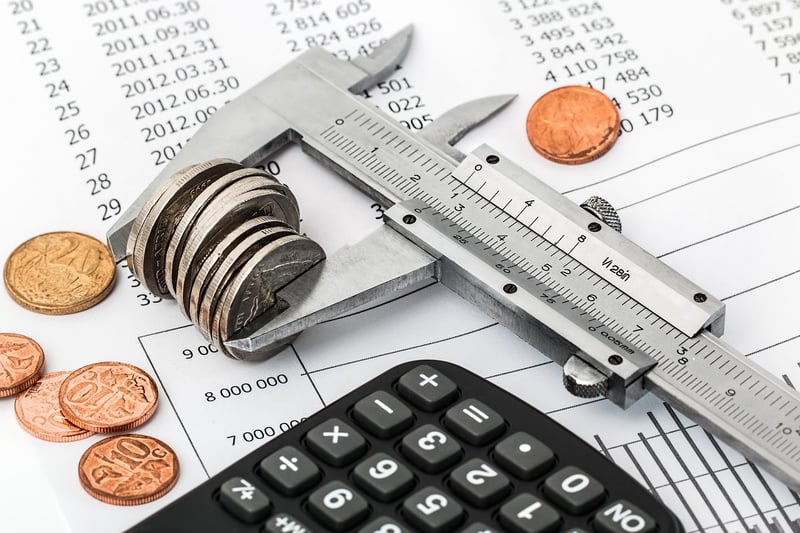Budget Planning
7 Tips for Effective Budget Planning
Creating and sticking to a budget is essential for financial stability. Here are some tips to help you plan your budget effectively:
1. Set Clear Financial Goals
Determine your short-term and long-term financial goals. Whether it's saving for a vacation or retirement, having clear objectives will motivate you to stick to your budget.
2. Track Your Expenses
Keep a record of all your expenses, including fixed costs like rent and variable expenses like dining out. Understanding where your money goes is crucial for budget planning.
3. Create Categories
Organize your expenses into categories such as groceries, transportation, and entertainment. This will help you allocate funds appropriately and identify areas where you can cut back.
4. Use Budgeting Tools
Take advantage of budgeting apps or spreadsheets to streamline the budgeting process. These tools can help you track your spending, set limits, and monitor your progress.
5. Prioritize Savings
Make saving a priority in your budget. Aim to save a percentage of your income each month, whether it's for emergencies, investments, or future goals.
6. Review and Adjust Regularly
Regularly review your budget to ensure you are on track with your financial goals. Adjust your budget as needed to accommodate changes in income or expenses.
7. Stay Disciplined
Sticking to a budget requires discipline and commitment. Avoid impulse purchases and stay focused on your financial goals to achieve long-term financial success.

By following these tips and staying proactive in your budget planning, you can take control of your finances and work towards a more secure financial future.
Remember, budgeting is a journey, and it's okay to make mistakes along the way. The key is to learn from them and adjust your budgeting strategies accordingly.
